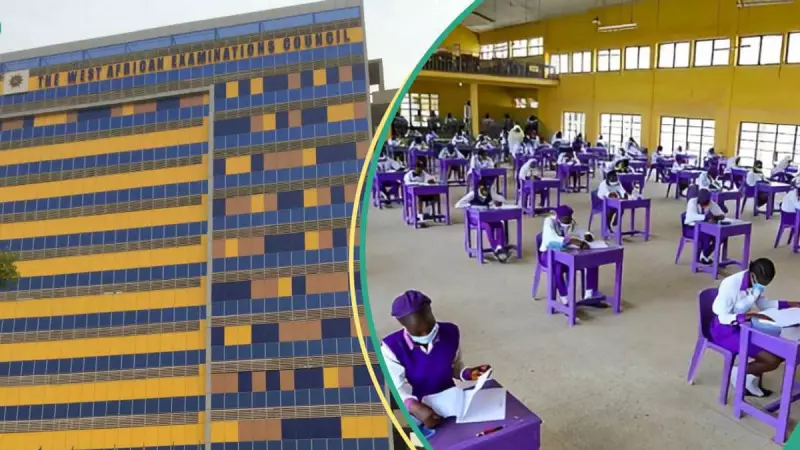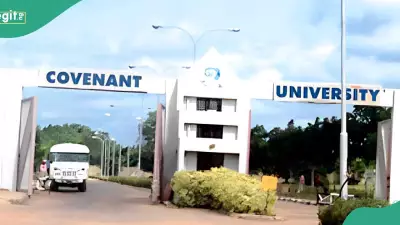
The West African Examinations Council (WAEC) has set in motion a comprehensive curriculum transformation scheduled for implementation in 2026, but this ambitious educational overhaul is generating significant controversy across Nigeria's academic landscape.
What Exactly Is Changing in WAEC's New Curriculum?
The proposed changes represent one of the most substantial modifications to West Africa's educational framework in recent decades. While specific details continue to emerge, the overhaul promises to modernize subject content, incorporate contemporary skill sets, and align educational outcomes with 21st-century demands.
However, this sweeping transformation has raised serious concerns among education stakeholders who question both the timing and methodology of these changes.
The Opposition's Stance: A Risky Experiment?
Critics of the new curriculum argue that implementing such extensive changes without adequate preparation constitutes a dangerous gamble with students' academic futures. Several key concerns dominate the discourse:
- Insufficient teacher training for the revised curriculum content and teaching methodologies
- Inadequate resource allocation for schools to effectively implement the new system
- Potential disruption to students' learning continuity during the transition period
- Unproven assessment methods that could disadvantage current students
The Timing Question: Why the Rush?
Many educators express apprehension about the accelerated timeline for implementation. With 2026 rapidly approaching, questions linger about whether Nigerian schools—particularly those in rural areas with limited resources—can adequately prepare for such a significant shift.
"We've seen educational reforms fail before due to poor planning and execution," notes Dr. Adebayo Johnson, an education policy analyst. "The concern is that we're repeating past mistakes by pushing through changes without building the necessary infrastructure first."
A Balanced Perspective: Potential Benefits Versus Real Risks
Proponents of the curriculum update argue that modernizing WAEC's offerings is long overdue. They point to the need for education that better prepares students for today's job market and global economy.
Yet even supporters acknowledge that the success of this initiative hinges on careful implementation, comprehensive teacher training, and sufficient funding—elements that have historically challenged educational reforms in Nigeria.
The Path Forward: Recommendations for Success
Education experts suggest several critical steps to ensure the curriculum overhaul doesn't compromise student outcomes:
- Extended pilot programs in diverse school settings before full implementation
- Comprehensive professional development for teachers across all states
- Adequate funding for necessary teaching materials and resources
- Stakeholder consultations with parents, students, and educational institutions
- Phased implementation to allow for adjustments based on feedback
As the 2026 deadline approaches, the debate surrounding WAEC's curriculum changes continues to intensify. The ultimate question remains: Will this educational transformation empower Nigerian students for future success, or will it become another well-intentioned reform that fails to deliver on its promises?





